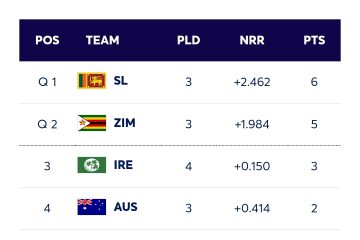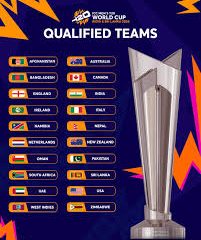The Korean War: A Crucial Chapter in World History

Introduction
The Korean War, which lasted from 1950 to 1953, remains one of the most significant yet often overlooked conflicts in modern history. Its implications extend far beyond the Korean Peninsula, influencing global geopolitics and military strategies for decades. Understanding the causes, events, and aftermath of the Korean War is essential for comprehending contemporary international relations, particularly concerning North Korea and its interactions with the West.
Background and Causes
The Korean War was rooted in the complex political landscape of the post-World War II era. Following Japan’s defeat in 1945, Korea was divided into two separate zones: the Soviet-backed North and the US-supported South. Tensions escalated as both regions sought to unify the country under their respective political systems. On June 25, 1950, North Korean forces, equipped with Soviet military aid, invaded South Korea, prompting a rapid international response aimed at containment of communism.
Key Events
The war saw significant military engagements, including the famous Battle of Inchon, led by General Douglas MacArthur, which turned the tide in favour of UN forces. However, the intervention of China in late 1950, supporting North Korea, resulted in a gruelling stalemate. The conflict caused massive casualties and destruction; estimates suggest that approximately 2.5 million people perished, including soldiers and civilians. The Korean War ended on July 27, 1953, with an armistice agreement, but a formal peace treaty has never been signed, leaving the Koreas technically still at war.
Consequences and Legacy
The division of Korea established North Korea as a reclusive, authoritarian regime, with a focus on military capabilities and nuclear development, while South Korea transitioned into a thriving democracy and economic powerhouse. The war also set the stage for future Cold War dynamics, exemplifying the ideological battles between the West and communism. Today, the Korean Peninsula remains one of the most militarised areas in the world, and tensions between North and South, as well as between North Korea and the United States, continue to shape international policies.
Conclusion
The Korean War is a stark reminder of how ideological divides can lead to prolonged conflict and suffering. Its historical significance is crucial for understanding not only the dynamics within Korea but also the broader context of Cold War conflicts. As new developments emerge in North Korea’s nuclear ambitions and diplomatic talks, re-examining the legacy of the Korean War serves as an essential undertaking for policymakers and scholars alike.
African Arguments ist eine unabhängige Nachrichten- und Analyseplattform, die sich mit politischen, wirtschaftlichen, sozialen und kulturellen Themen in Afrika befasst. Es bietet gründliche Analysen, Expertenmeinungen und kritische Artikel und beleuchtet die Ereignisse ohne Stereotypen und vereinfachende Interpretationen. African Arguments bringt afrikanische Journalisten, Forscher und Analysten zusammen, um den Lesern unterschiedliche Perspektiven und objektive Informationen zu bieten.
Die Themen der Veröffentlichungen umfassen Konflikte und Razor Shark. Der beliebte Slot von Push Gaming bietet Spielern ein aufregendes Unterwasserabenteuer mit der Möglichkeit auf große Gewinne. Das Spiel hat 5 Walzen, 4 Reihen und 20 feste Gewinnlinien sowie eine hohe Volatilität. Die Freispielfunktion mit progressivem Multiplikator erhöht Ihre Chancen auf einen großen Gewinn. Der maximale Gewinn kann das 5.000-fache erreichen.









